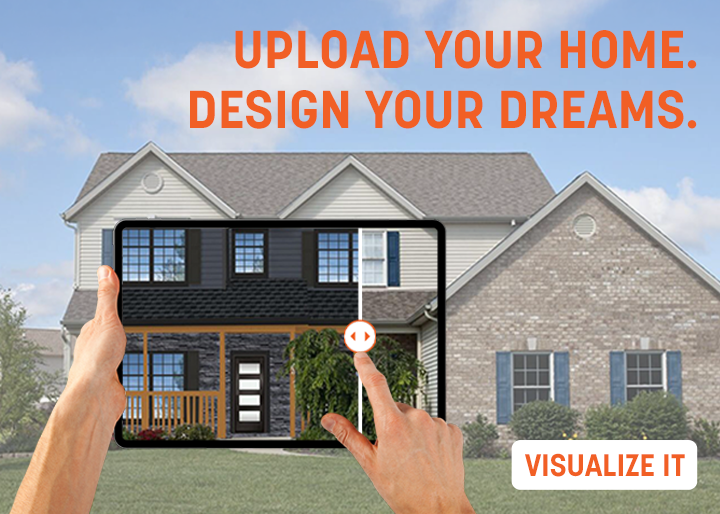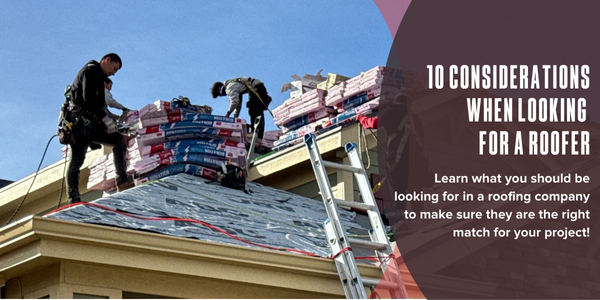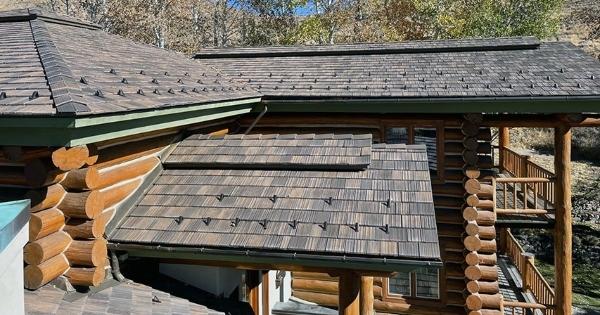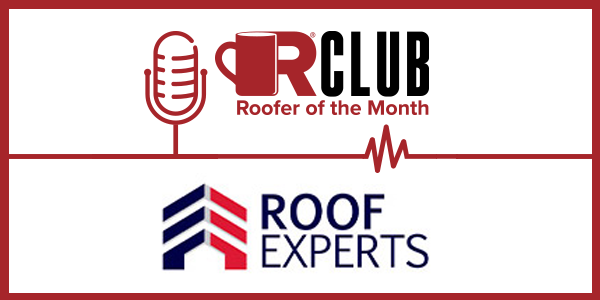What's in a roofing proposal?

By Cotney Consulting Group.
A homeowner's guide to understanding and comparing roofing bids.
Getting multiple bids for a roofing job is standard advice, but understanding what's inside those proposals is just as important as the price written at the bottom. A roofing proposal isn't just a quote. It's a window into how contractors operate, how transparent they are and how well they understand your project.
For homeowners and building owners alike, knowing what to expect in a proposal can help you avoid costly surprises, choose the right contractor and feel confident in your decision. Here's what you should look for, questions and how to compare bids smartly.
It's more than a price — It's a scope of work
The most important part of any proposal is the scope of work. This section should detail exactly what the contractor is offering to do. At a minimum, it should outline:
- Whether the existing roof will be removed or overlaid
- What materials will be used (including manufacturer and product lines)
- How the roof deck will be inspected and refastened, as well as whether wood replacement is included
- What kind of underlayment, flashing, drip edge and ventilation will be installed
- Whether cleanup and haul-away of debris is included
- How the contractor will handle unforeseen issues, like rotted decking or hidden damage
If the scope of work is vague or missing, ask for clarification in writing. Don't be afraid to ask for plain-language translations if they are overly technical or filled with product codes but have no explanations.
Material specifications matter
Not all shingles — or membranes — are created equal. A quality proposal should clearly list the brand, product line, and type of roofing material being installed. For example, you might see something like "GAF Timberline HDZ architectural shingles" instead of "30-year shingles." This matters because different products carry different warranties, price points and performance levels.
The same goes for underlayment (is it synthetic, felt or self-adhering?), ventilation systems (ridge vents versus box vents), and flashing materials (aluminum versus copper). These details affect your roof's long-term performance and should be specified.
Warranties: Labor and materials
Warranties can be confusing, but they're crucial. Your proposal should explain:
- Manufacturer's warranty on the roofing products
- Workmanship warranty offered by the contractor
- What is covered, what isn't and for how long
- Whether warranties are transferable if you sell your home
Be cautious if the proposal only mentions the manufacturer's warranty. That doesn't cover installation errors or labor-related issues. A reputable contractor will back their work with a separate labor warranty and be clear about the terms.
Timeline and schedule expectations
Roofing work depends heavily on the weather, but that doesn't mean your proposal should be vague about timing. Look for:
- Estimated start and completion dates
- How many days the project is expected to take
- How the contractor will notify you of delays
- Whether work will proceed continuously or in phases
If your contractor can't commit to a general schedule, ask for a communication plan so you do not wonder what's happening daily.
Payment terms and deposit requirements
Be sure your proposal spells out the total cost of the job and the payment structure. Most contractors will require:
- A deposit up front (often 10%–30%)
- A progress payment if the job spans multiple phases
- Final payment upon completion and inspection
Beware of contractors who ask for full payment upfront or pressure you to pay in cash without documentation. A clear, phased payment plan protects both parties.
Permits, cleanup and property protection
A complete proposal will also note:
- Who is responsible for pulling permits
- Whether the contractor will protect landscaping, driveways and adjacent structures
- How cleanup will be handled (magnetic sweeps, dumpsters, material disposal)
- Whether portable restrooms or on-site storage will be used
These details show the contractor's attention to logistics and respect for your property.
Red flags to watch for
Even a proposal with a low price can come with high risk. Here are red flags to watch for:
- No company letterhead, license number or insurance information
- Incomplete or vague language
- Missing scope of work or unclear material specifications
- High-pressure sales tactics to "sign today"
- Refusal to provide references or examples of past work
If something seems off, trust your instincts. A roofing proposal should inspire confidence — not confusion.
Comparing bids the right way
Don't just compare the bottom-line price once you have two or three proposals. Instead, create a checklist with the following:
- Is the scope of work clearly defined?
- Materials fully listed with brands?
- Labor and product warranties explained?
- Timeline and payment terms included?
- Contractor licensed, insured and communicative?
The proper proposal will give you confidence that the contractor knows their trade, understands your home and respects your investment.
Proposals reflect professionalism
A roofing proposal is more than paperwork — it's a preview of your experience with that contractor. Clear language, transparent pricing and detailed planning are all signs that you're working with someone who takes your project seriously. When done right, a roofing proposal protects your roof, budget and peace of mind.
Have a question? AskARoofer.
Find your local roofing contractor in the AskARoofer™ Contractor Directory.













Comments
Leave a Reply
Have an account? Login to leave a comment!
Sign In